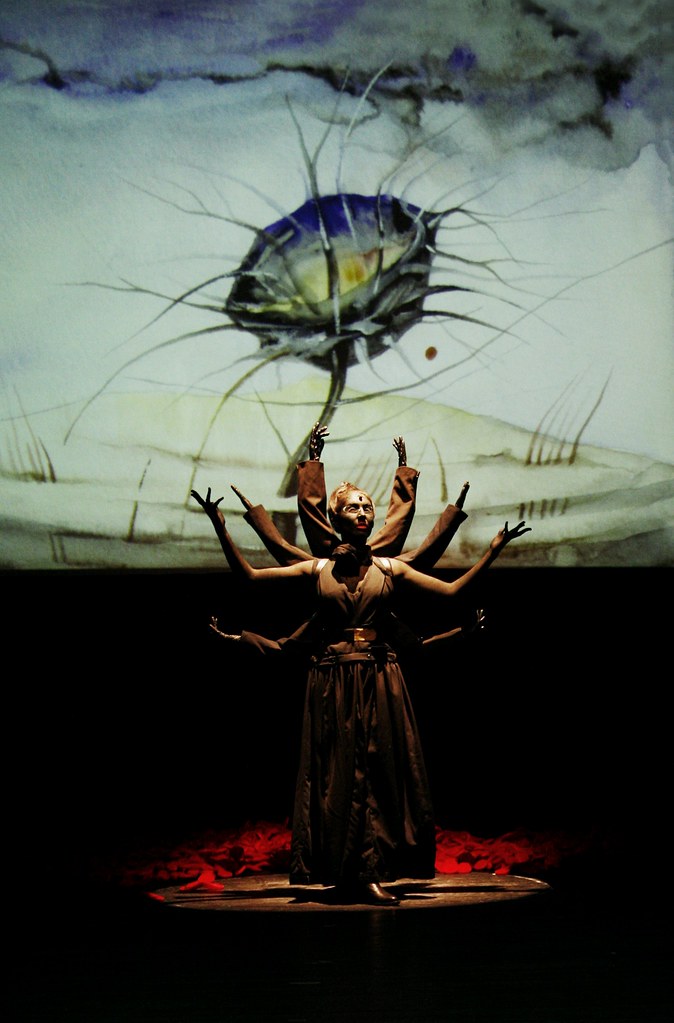 |
| Queen of the Night - Magic Flute - Photo by VilleHoo |
Opera was invented by a group of actors the mid-1500s in the Italian city of Florence, they were actually performing classical Greek theater. In addition, these actors were noble men educated in Latin and Greek.
The music style played in original Greek plays was quite simple with only a handful of instrumentalists playing flute, drums and lyre.
Fuller instruments often had drowned out the voice of the performers leading actors to develop techniques for amplifying the voice. This helped the singers to sing their parts. Singing allowed performers to project their voices further during the renaissance time as it was changing from religious austerity to more creative endeavors.
This new style of theater was becoming popular by the end of the 16th century. New productions especially are written for singing with accompaniment started appearing. The De Medici family in Florence paid a composer Jacopo Peri for the very first opera entitled 'Dafne' in 1598 performed in their private court. Unluckily much of the score was lost but it still has a place in the history of opera.
After few years, opera spread from Florence to the rest of Italy, German Principalities, far west as England, north to the Austrian Empire, Spain and France. Florence and other great Italian cities like Venice, Rome and Milan dedicated opera houses started to be built and tickets for performances sold. Venice took the lead starting in 1637 eventually becoming the spiritual and cultural home of opera.
One of the fathers of opera, Claudio Monteverdi took the decision early in his operas to add short performances within his works that were designed to appeal to a wider audience. Ultimately these short pieces were dropped as the crowds started to appreciate full length opera without interruption.
The growing demand for opera created different schools of thought on the nature of opera. Some composers preferred complex subtexts and interwoven plots while others preferred a modest approach.
As opera productions generally told the story of love, many characters appearing on stage were of course meant to be women, but renaissance society frowned on female actors which led all actors being men. This situation encouraged castrated men from all over Europe and the Arab world to make their way into the theater.
The language of original operas was written in the Italian of the great cities such as Florence and Venice. However, Opera proved popular in other languages and has been able to transcend the language barrier to become popular elsewhere in Germany and France. In the 20th century, English operas became very popular.
English opera had developed wholly different directions after getting banned during Cromwell's reign. After the return of the monarchy, opera prospered again but opera buffa proved more popular which led to a clearly English style of opera humor.
European immigrants in the US brought the love of opera with them and passionate Americans adopted the opera quickly as their own. In New York, the Metropolitan Opera company in the 20th century was leading in the development of modern opera providing a base for modern opera to flourish.
|

No comments:
Post a Comment